The recent visit of Afghanistan’s Foreign Minister, Mawlawi Amir Khan Muttaqi, to India from October 9 to 16, 2025, marks a significant and timely development in South Asian geopolitics. This visit is particularly notable as it comes after India successfully secured a special exemption from the UN Sanctions Committee to facilitate his travel—an exemption that Pakistan, which had previously chaired the committee, had obstructed. Although India and Afghanistan had previously engaged at senior levels, including a meeting between Foreign Secretary Vikram Misri and Foreign Minister Muttaqi in Dubai, this visit marked the first official in-person ministerial engagement between the Taliban-led Afghan government and India since the 2021 takeover.
The warm and respectful reception accorded to Muttaqi in New Delhi, including official meetings and diplomatic courtesies, further underscores the significance India places on fostering a stable and cooperative relationship with Afghanistan. The successful realisation of this visit despite such obstacles reflects both India’s diplomatic commitment and the importance it attaches to its bilateral ties with Kabul.
Afghanistan’s Perspective
For Kabul, the visit holds particular significance. Facing renewed international pressure following US President Donald Trump’s statements about regaining control of the Bagram Airbase, a troubled relationship with Pakistan, and internal economic challenges, Afghanistan seeks to diversify its partners and strengthen ties with countries that support its development and sovereignty. In this context, India stands out as a key developmental partner, with Kabul looking to New Delhi to expand cooperation in infrastructure, humanitarian aid, and capacity-building. Meanwhile, Pakistan’s hegemonic approach toward Afghanistan makes India’s constructive engagement even more vital for Kabul’s strategic and economic interests.
The timing of this visit carries deep geopolitical meaning. While the Afghan Foreign Minister was in New Delhi, Pakistan violated Afghanistan’s sovereignty by conducting airstrikes within its territory—an act that starkly contrasts with India’s approach of engagement, respect, and partnership. This juxtaposition underscores the diverging paths of India and Pakistan in their dealings with Afghanistan: one rooted in development and humanitarianism, the other in domination and interference.
Impact Shorts
More ShortsDuring the visit, India and Afghanistan signed several key documents to strengthen bilateral cooperation. India announced the upgrading of its Technical Mission in Kabul to a full-fledged embassy in New Delhi, signalling deeper diplomatic engagement. It also committed to resuming developmental projects, delivering ambulances, increasing air connectivity, and expanding humanitarian aid to address the immediate needs of Afghan citizens. India thanked Afghanistan for standing with it after the Pahalgam terror attack, while Afghan Foreign Minister Mawlawi Amir Khan Muttaqi expressed gratitude to India for being the first responder during the recent earthquake.
Muttaqi described India as “an important country of the region that has always stood by the Afghan people and assisted them in many areas”. He also emphasized Afghanistan’s commitment to regional peace, stating, “We will not allow any element to threaten anyone else or use the territory of Afghanistan against others.”
Both sides reaffirmed their dedication to mutual respect, people-to-people ties, trade, and regional stability. These exchanges underscore the spirit of cooperation, trust, and India’s commitment to a stable, independent, and development-focused Afghanistan.
External Affairs Minister S. Jaishankar highlighted the engagement on X (formerly Twitter): “Pleased to meet FM Mawlawi Amir Khan Muttaqi of Afghanistan today in New Delhi. This visit marks an important step in advancing our ties and affirming the enduring India-Afghanistan friendship. Discussed India’s support for Afghanistan’s development, our bilateral trade, territorial integrity and independence, people-to-people ties, and capacity building.”
This message highlights India’s human-centric and developmental approach—focusing on capacity building, trade, and infrastructure—unlike Pakistan’s historically exploitative engagement. Even after the Taliban’s return to power in 2021, when many others withdrew, India continued to provide humanitarian assistance, including shipments of wheat, medicines, earthquake relief aid, vaccines, hygiene kits, and medical equipment.
In addition, during this meeting, New Delhi committed to providing 20 ambulances, MRI and CT scan machines for hospitals, vaccines and cancer medicines, and aid for rebuilding homes after natural disasters. These initiatives reflect India’s consistent focus on humanitarian aid, healthcare, infrastructure, and capacity building, underscoring its commitment to Afghanistan’s long-term development, stability, and the well-being of its people.
Pakistan’s Desperation
Pakistan, meanwhile, finds itself cornered and frustrated by the growing warmth between New Delhi and Kabul. This frustration is evident in repeated statements from Defence Minister Khawaja Asif and other Pakistani leaders, as well as in the heated debates and discourse they spread about Afghanistan in their media and public. For decades, Islamabad has perceived Afghanistan as “strategic depth”—a geopolitical buffer against India rather than a sovereign neighbour worthy of genuine cooperation and constructive engagement. It has repeatedly manipulated Afghan territory and people to serve military and political objectives, alternately collaborating with external powers and radical groups to retain leverage.
Moreover, Pakistan is actively seeking to portray Afghanistan as a terror hub on multiple international forums, including the United Nations, in order to secure so-called counter-terrorism cooperation with the United States, obtain financial support, and tarnish its image. This is evident from the statements they make about Afghanistan and the language they use at these forums. Separately, it continues to depict Afghanistan as perfidious in public discourse, labelling its people treacherous, despite the reality that Pakistan itself first destabilised Afghanistan and then provided shelter for Afghan refugees. These narratives help Islamabad create leverage to extract economic and strategic benefits while deflecting accountability.
Recent discussions around Bagram Airbase, where the United States has shown interest in regaining control, suggest that Pakistan may be playing a dangerous geopolitical game to secure US engagement and dollars.
The Afghan people are well aware of this history of duplicity and exploitation. Their resentment toward Pakistan is evident—whether in public protests, cricket rivalries, or social media discourse. They recognise that Pakistan’s policies have fuelled instability, while India’s investments have built schools, dams, hospitals, and roads, tangibly improving Afghan lives. Hence, India enjoys widespread affection among Afghans, whereas Pakistan faces deep hostility.
While Pakistan’s engagement with Afghanistan has been defined by interference and coercion, India’s engagement has been marked by respect for sovereignty and development cooperation. India has never sought to use Afghanistan as leverage against any third country; its relationship stands independently on mutual benefit and trust. Pakistan, by contrast, has always viewed Afghanistan through its rivalry with India, which explains its insecurity and overreaction to Muttaqi’s extended five-day visit to India.
Furthermore, Pakistan’s airstrikes during the Afghan minister’s visit to New Delhi reflect its growing desperation and hostile approach. By violating Afghanistan’s territorial integrity, Islamabad has undermined regional peace and set a dangerous precedent that could backfire on itself. Rather than addressing differences with the Taliban through dialogue, Pakistan has resorted to aggression, further isolating itself from Kabul and destabilising the region—highlighting the contrast with India’s constructive and cooperative engagement.
India’s Support for Afghan Sovereignty
India has consistently emphasised respect for Afghanistan’s sovereignty and territorial integrity. It has condemned external interference and rejected recent US proposals to re-establish military bases in Afghanistan, such as at Bagram. New Delhi’s policy remains clear: a stable, sovereign, and independent Afghanistan is essential for regional peace. As Jaishankar reaffirmed, “India is fully committed to the sovereignty, territorial integrity and independence of Afghanistan.”
The Afghan Foreign Minister’s visit to India marks a turning point in bilateral relations. It reflects growing mutual trust, recognition of shared interests, and a joint commitment to regional stability. For India, this engagement underscores its enduring role as a developmental and humanitarian partner. For Afghanistan, it signals a move toward diversifying its foreign relations, enhancing economic cooperation, and asserting its sovereign right to engage with all nations.
Pakistan’s attempts to undermine this relationship reveal its insecurity and inability to adapt to the changing regional order. The New Delhi visit, therefore, is more than just a diplomatic event—it is a statement of Afghanistan’s independence and India’s constructive regional diplomacy. Together, the two nations are choosing the path of cooperation over coercion and development over destruction.
(The writer is a visiting research fellow at the International Centre for Peace Studies, New Delhi. Views expressed in the above piece are personal and solely those of the author. They do not necessarily reflect Firstpost’s views.)


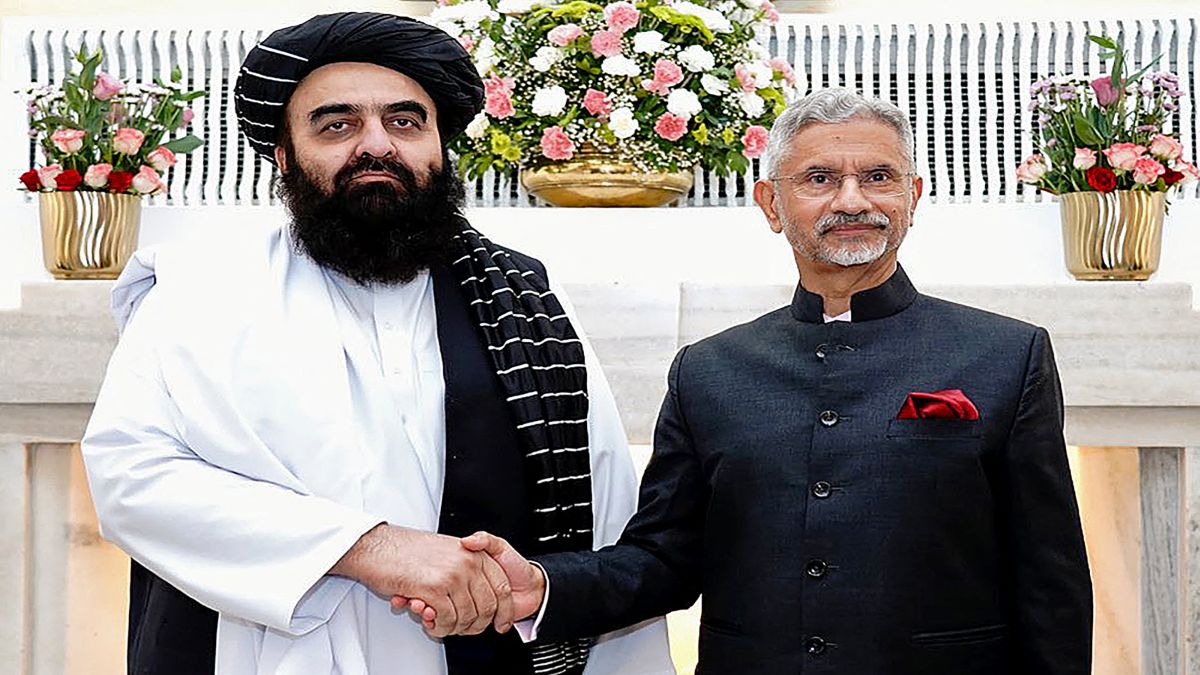)
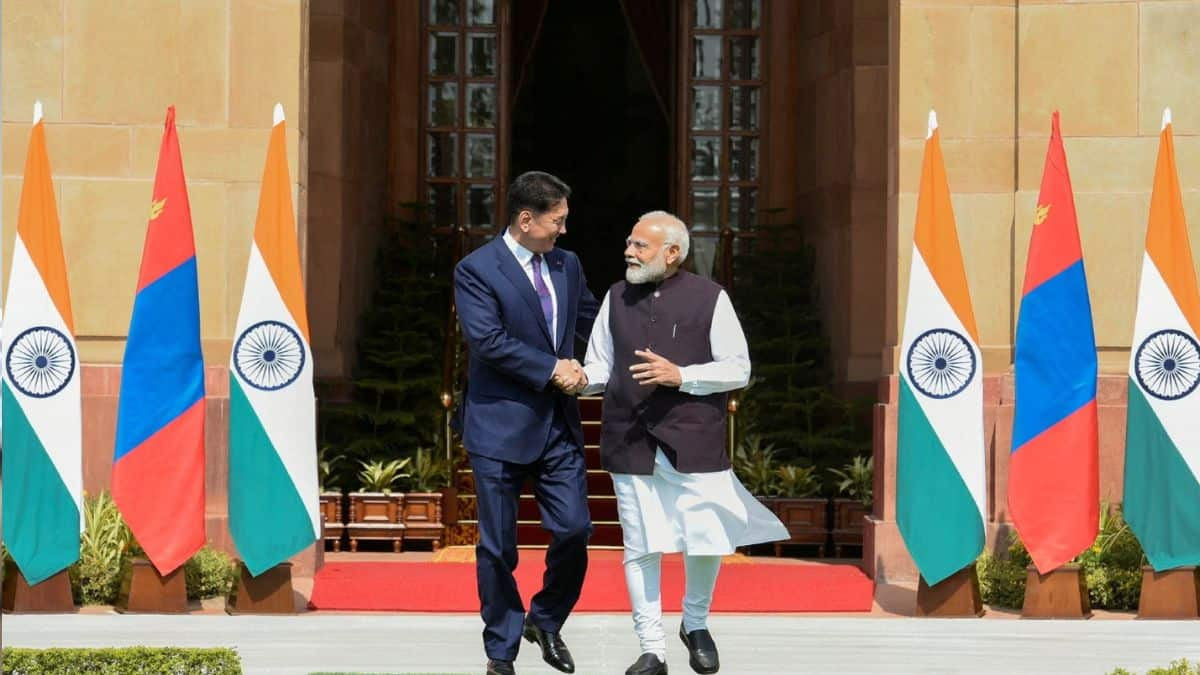
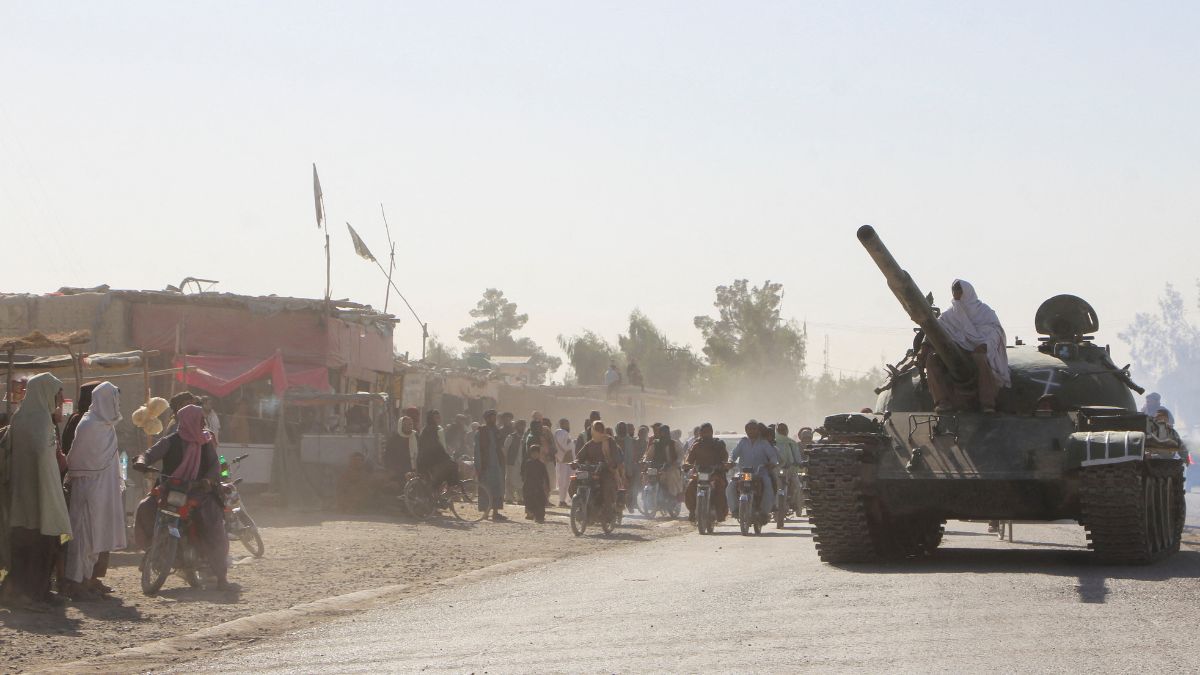)
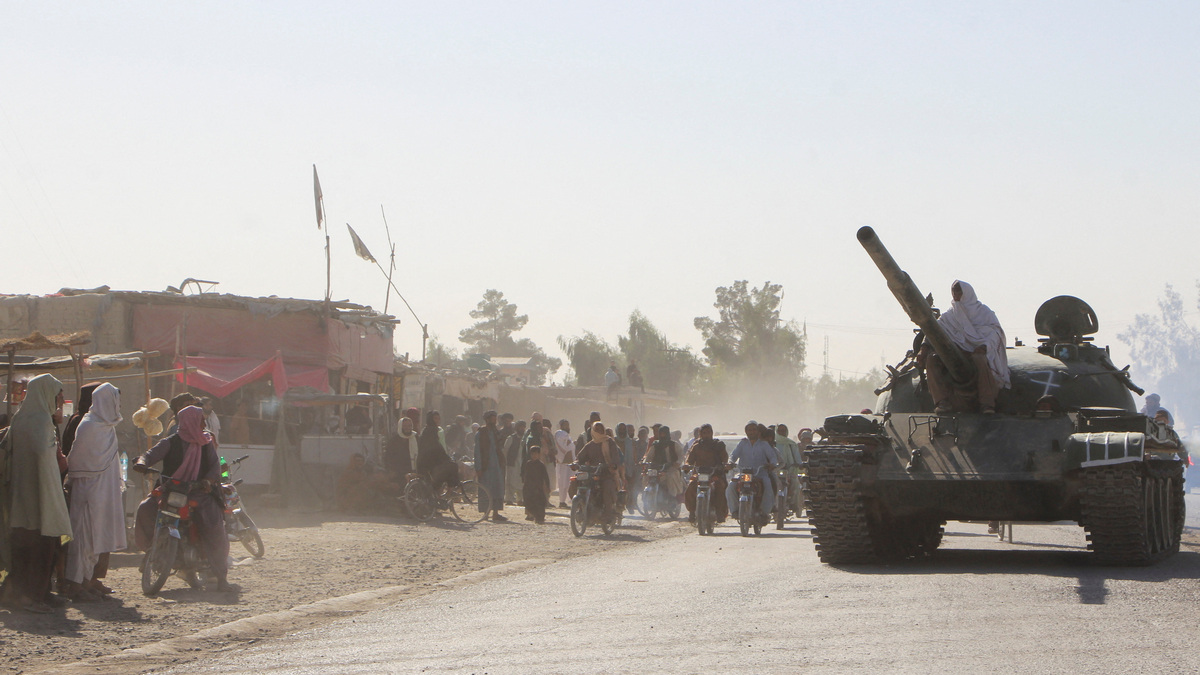)
)
)
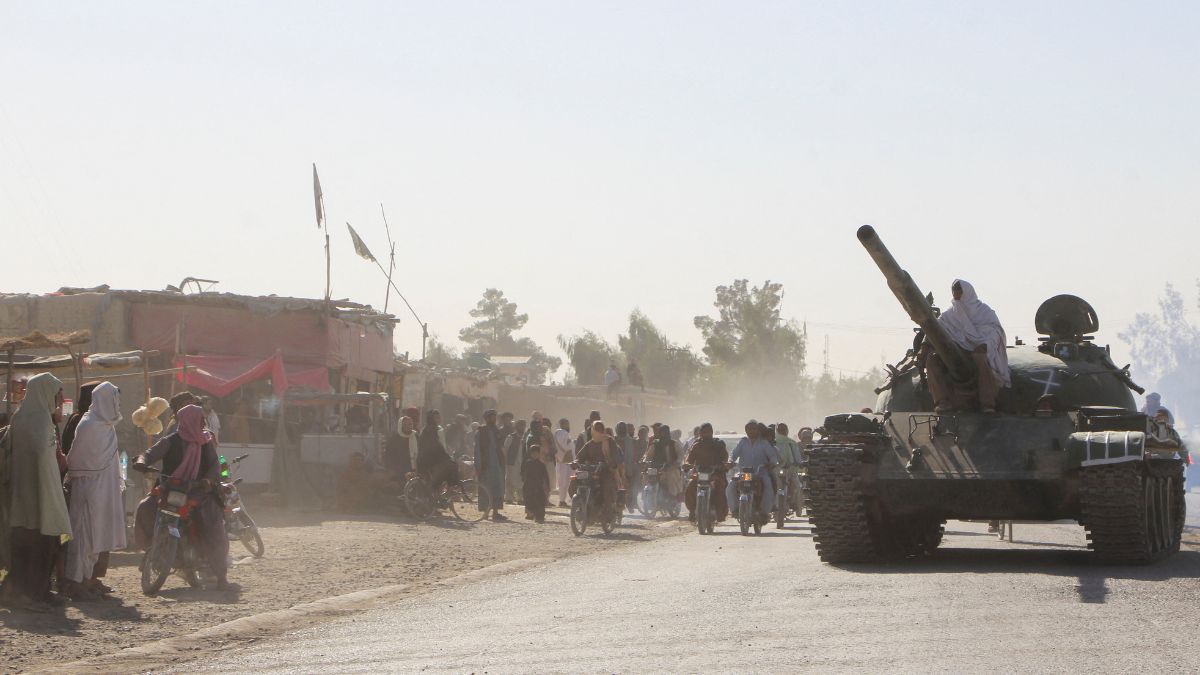)
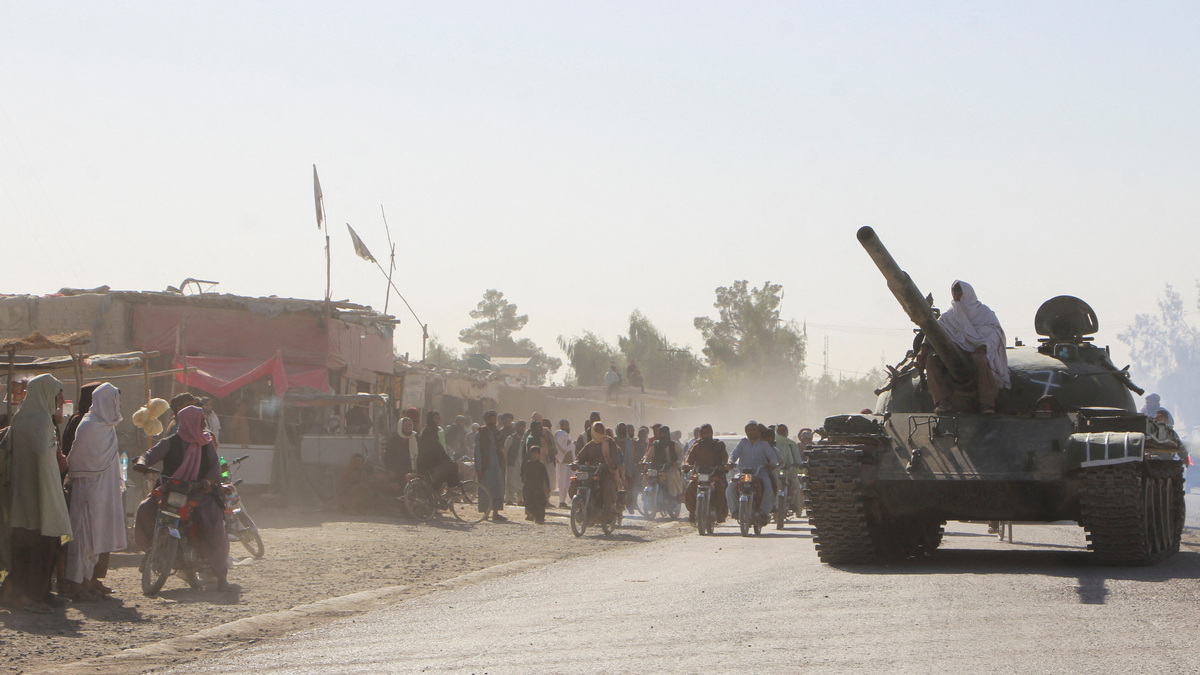)
)
)



